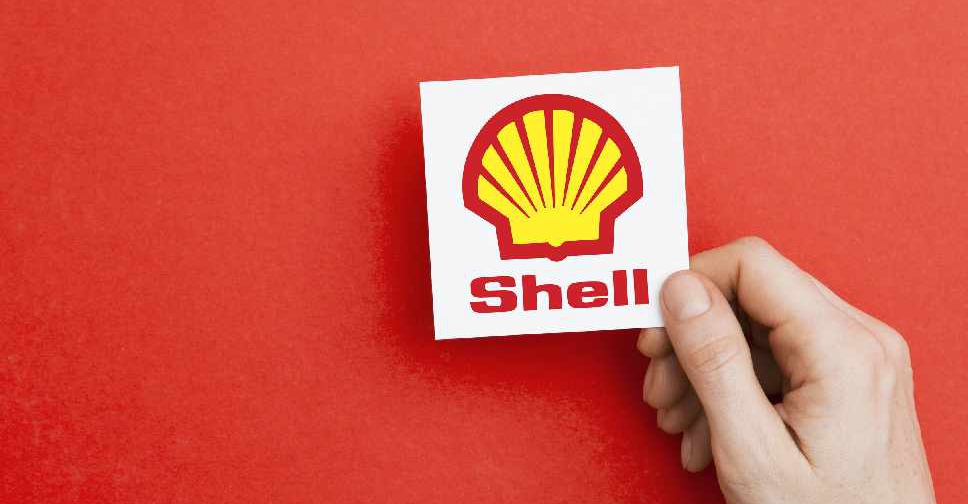
Shell reported on Thursday third-quarter profits of $6 billion that exceeded forecasts by 12 per cent as higher liquefied natural gas (LNG) sales offset a sharp drop in oil refining and trading results.
The results, together with a drop in debt and strong cash flow, could lift investor confidence in CEO Wael Sawan's efforts to boost the company's performance by the end of 2025 as he focuses on the most profitable businesses, primarily in oil, gas and biofuels.
Shell shares were up 1.1 per cent in early London trading.
Global refining margins have dropped sharply in recent months in the face of weaker economic activity and the start-up of several new refineries in Asia and Africa, while oil prices fell 17% in the quarter.
Shell, which operates five refineries, saw a near 70% annual drop in profits for its refining and chemicals division. But that was offset by a 13% rise in profits from its LNG division, the British company's largest business.
"The consistency in performance is impressive," Barclays analysts said in a note.
French rival TotalEnergies reported on Thursday third quarter profits at a three-year low of $4.1 billion, hit by collapsing refining margins and upstream outages, missing market forecasts. And BP on Tuesday reported a 30 per cent drop in profits to $2.3 billion, the lowest in almost four years.
Shell's adjusted earnings of $6.03 billion, its definition of net profit, far exceeded analysts' expectations of a $5.36 billion profit but were down 3 per cent from a year earlier.
The company said it would buy back a further $3.5 billion of its shares over the next three months, at a similar rate to the previous quarter. Its dividend was unchanged at 34 cents per share.
"We've delivered another strong set of results, showing resilience through the cycle and continuing to make significant progress in strengthening our balance sheet," Chief Financial Officer Sinead Gorman told reporters.
Shell, the world's top LNG trader, reported sales of the super-chilled fuel of 17 million metric tons versus 16 million a year earlier.
Earnings for the oil and gas production division rose 9 per cent from a year earlier, with production increasing 3 per cent as new fields came on stream.
In another positive sign, Shell's net debt dropped to its lowest since 2015 at $35 billion, while its debt-to-market capitalization ratio declined to 15.7 per cent from 17.3 per cent a year earlier.
Cashflow from operations rose to $14.7 billion in the quarter from $13.5 billion in the previous three months due to a $2.7 billion capital build. Shell said it expected capital spending to be below its guided range of $22-$24 billion for 2024.
The company aims to cut costs by $2-3 billion between 2023 and the end of 2025. In recent months it scaled back renewables and hydrogen operations, retreated from European and Chinese power markets and sold refineries. It also cut its oil and gas exploration workforce by 20 per cent, sources told Reuters in August.



 Nasdaq set to confirm bear market as Trump tariffs trigger recession fears
Nasdaq set to confirm bear market as Trump tariffs trigger recession fears
 Dana Gas and Crescent Petroleum exceed 500M boe in Khor Mor field
Dana Gas and Crescent Petroleum exceed 500M boe in Khor Mor field
 China to impose tariffs of 34% on all US goods
China to impose tariffs of 34% on all US goods
 Shares bruised, dollar crumbles as Trump tariffs stir recession fears
Shares bruised, dollar crumbles as Trump tariffs stir recession fears
 Wall Street futures sink as tariffs fuel recession fears
Wall Street futures sink as tariffs fuel recession fears



